A New Dawn for the Cannes Film Festival
Despite the challenges of the pandemic, the legendary Cannes Film Festival is coming back in full force this year.
-

Cannes Film Festival 2021
Dazzling cinema lovers worldwide since 1946, the Cannes Film Festival is finally back. From the 6th of July until the 17th, 24 films will compete for the Palme d'Or. This round comes amidst a tumultuous and challenging year and a half which prompted the Festival to postpone its opening not once, but twice in an unprecedented move for the La Croisette sensation.
Importance of the Cannes Film Festival
In its 74th incarnation, the Festival’s importance keeps growing. Considered as the third most important international event after the Olympics and the Football World Cup, the heft of the Festival was never to be questioned.
Meant to originally become a prestigious marketplace for European films with artistic merits during the first half of the 20th century, the Festival soon morphed into a global phenomenon for filmmakers from all nations, a unique gateway flaunting its “exclusivity” in the face of the regular commercial market.
-
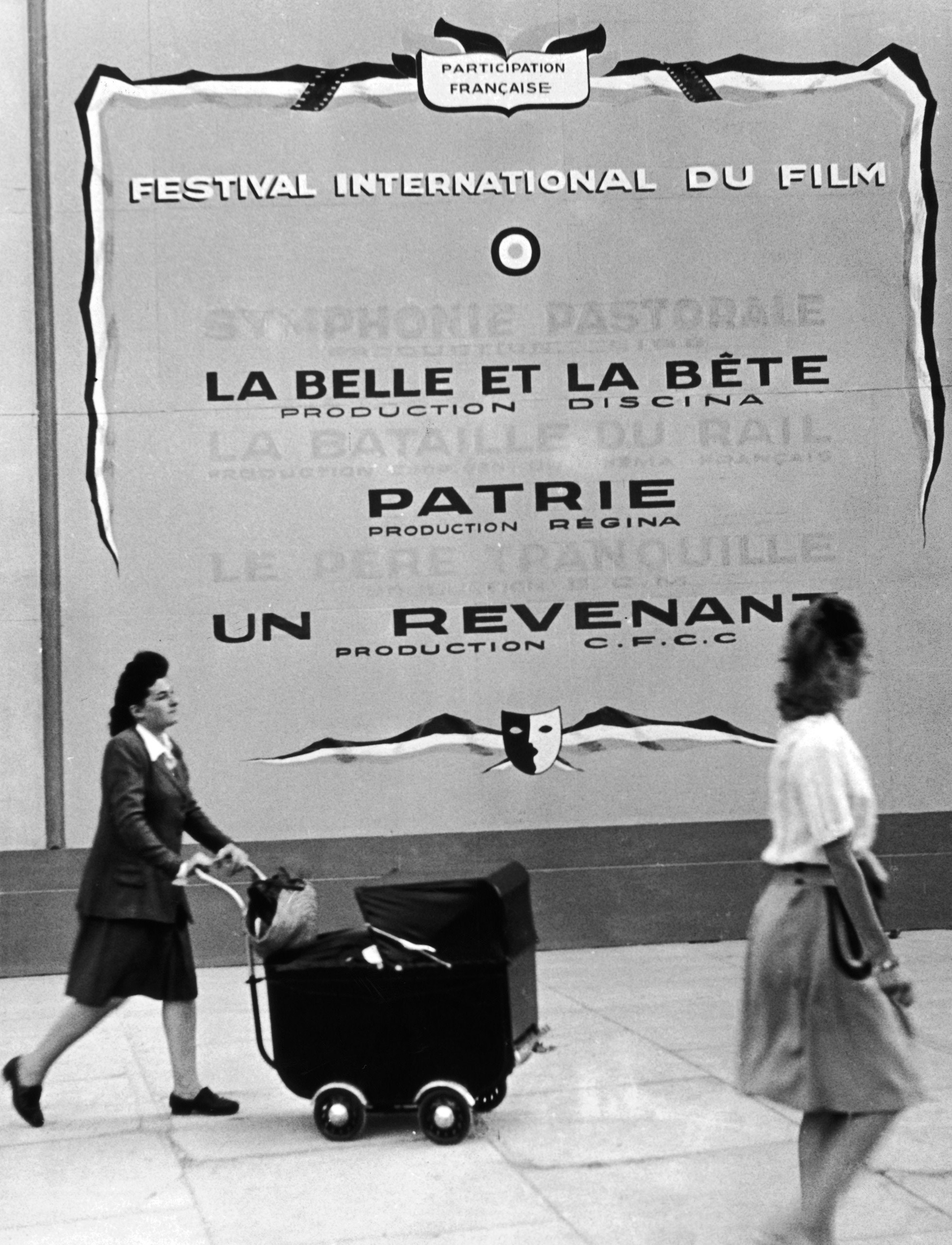
A poster in Paris promoting the first Cannes Film Festival (1946)
Shine a Light
The Cannes Film Festival is at its best when showcasing obscure films that would have otherwise been dismissed by major award circuits and general audiences. It subsequently becomes a strong launching platform for many filmmakers and artists whose works need to be seen and recognized to be sought after in the industry.
-
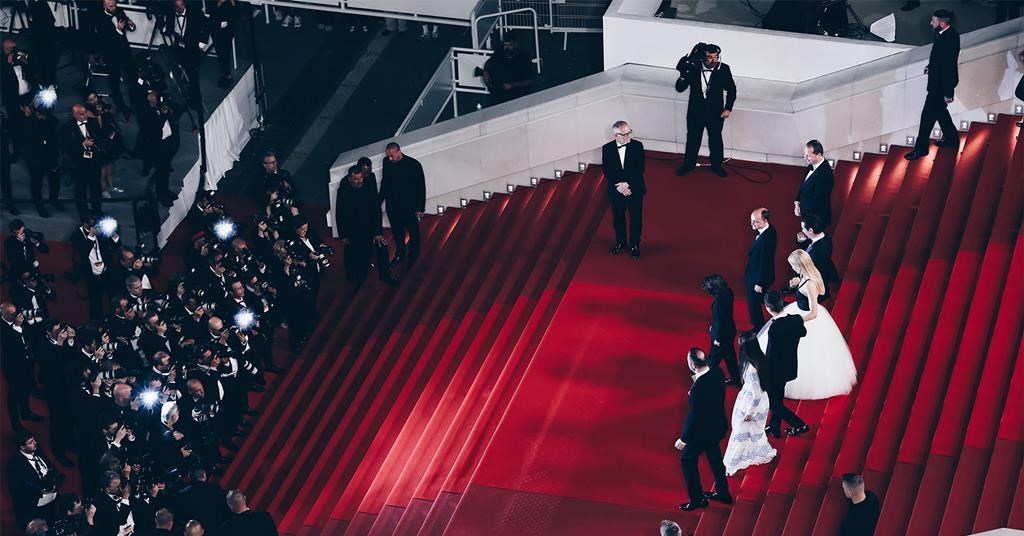
Everybody gets a spotlight in Cannes
In fact, winning an award in Cannes is a near-guarantee of critical lauding and furthering the filmmaker’s chances in other territories. Speaking of which…
Palme d'Or
The Palme d’Or, or the ‘golden palm,’ is the highest award a film competing in the main lineup could receive. It is often considered as the highest cinematic recognition and has repeatedly demonstrated, despite a lack of consistency, its strong rippling effects in cinema’s history.
Amongst its most recognized recipients are: “Taxi Driver,” “Apocalypse Now,” “Pulp Fiction,” “The Taste of Cherry,” “Dancer in The Dark,” “9/11 Fahrenheit” and many other films, which have become global cinematic landmarks.
As recently as the latest round, Cannes was the launching point of the worldwide cinematic sensation, “Parasite,” by South Korean auteur Bong Joon-Ho, which went on to sweep the Oscars the year after.
-

Bong Joon-ho holding the Palme d'Or after winning for "Parasite" (2019)
Other Sections
The French Festival’s selection is not simply limited to filmmakers who have already had past successes, but is also concerned with shining the limelight on up-and-coming talents which is why other competitive categories have been instated: “Palme d'Or du court métrage” is awarded to the best short film; “Un Certain Regard” is a category in which young and promising talents compete and “Caméra d'Or” awards the best debut feature out of any category.
Parallel to these official categories, Cannes hosts the “Semaine de la Critique” (International Critics’ Week) aimed at discovering the works of new talents, and the “Quinzaine des Réalisateurs” (Directors' Fortnight) organized by the French Directors Guild which hosts an assortment of unique avant-garde films.
Cannes Taste VS American Sensibilities
In Cannes, foreign languages and subtitles are not a hurdle to be worried about, but a cause of celebration: It is a testament to the Festival’s global appeal.
Unlike the American market, which has the extreme tendency to shun foreign films and shelve them away from large screenings and awards ceremonies, Cannes welcomes them in open arms and rewards them based on their artistic merits.
American journalist Manohla Dargis put it in a succinct statement: “If it’s hard for Americans to grasp the importance of Cannes to the rest of the world, it’s because our isolationism extends to culture.”
Despite the oftentimes questionable standards of the Festival for selecting its penultimate winner, one thing is certain: It does not seek the approval of the masses; it is what sets the approvability standards for the industry.
The Market Appeal (Marché du Film)
Aside from the Cinephilic aspect of the Festival, it is important to denote the commercial value it possesses: Most of the global film rights acquisitions occur during the limited window of 10 to 12 days in which the Festival plays out.
Every major film producer from Asia, Europe, Africa, and even the well-fortified Hollywood seeks to sell and/or buy the rights of a film release be it artistic, independent, or sometimes even a blockbuster.
-

The cast of action blockbuster "The Expendables 3" promoting the film in Cannes (2014)
The Marché du Film offers a great opportunity for filmmakers attempting to strike a lucrative deal and distributors seeking to expand their film palette.
New Challenges, New Changes
The Netflix Feud
-
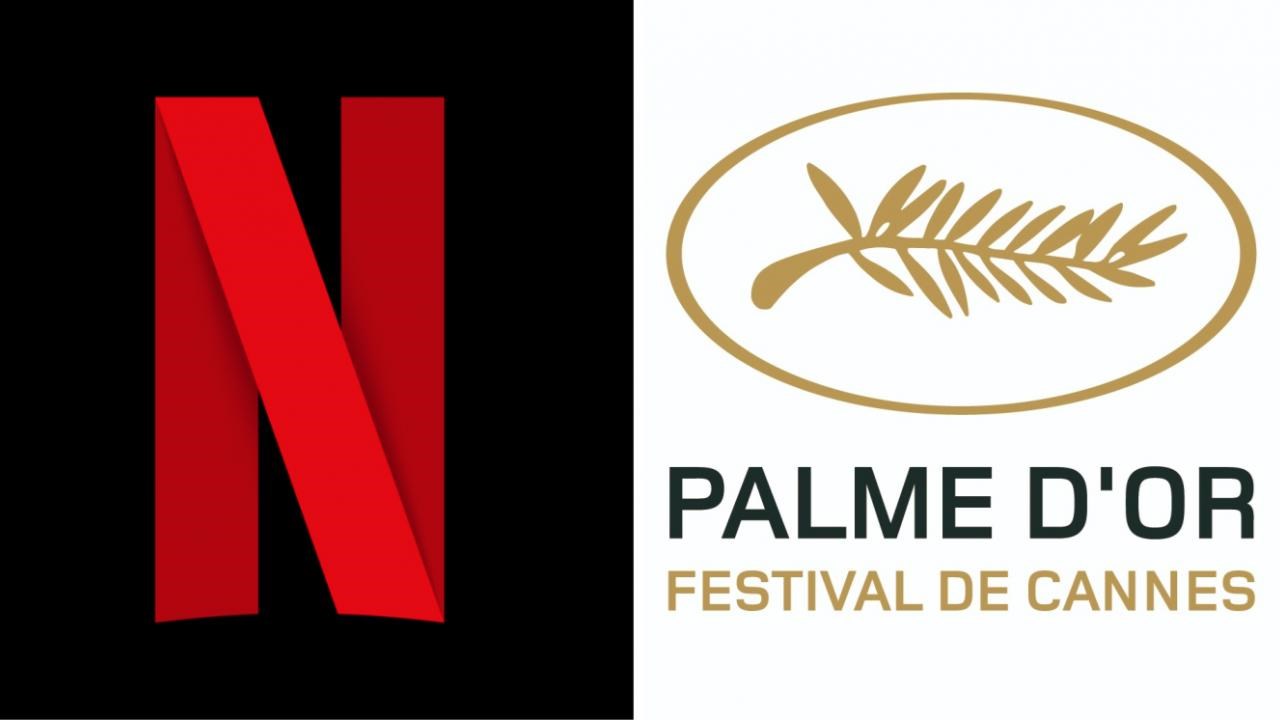
Netflix VS Cannes
In 2017, the Festival had to deal with its first new-age challenge, represented by opposition to the American streaming giant Netflix. The fight ensued after Netflix premiered two of its films in competition with Cannes, “Okja” and “The Meyerowitz Stories,” which prompted a strong response from the French film industry.
As a matter of fact, France has its own film rules which require a 36-month waiting period between local theatrical release and streaming release. On the other hand, Netflix operates by releasing its films exclusively on its own digital platform without going through regular international distribution and screenings.
A decision preventing Netflix from participating in the Festival if it does not abide by the French law was then reached.
This, in turn, angered Netflix and pushed it to withdraw from all further Cannes participation in an attempt to twist the Festival’s arm – an unwelcomed approach by the industry.
Festival Director Thierry Frémaux considered the controversy unfortunate, stating that perhaps in the future, Cannes might be able to reconcile in some way with Netflix if the latter is willing to showcase some goodwill.
The Pandemic Paralyzes
But the biggest challenge came in the wake of the global pandemic. With COVID-19 changing collective behavior and putting everyone under exigent circumstances, the Festival had to adapt.
Its 73rd iteration was supposed to open in May 2020; given the circumstances, the screenings were held five months later in a limited format without the regular brouhaha or award ceremony in October.
Similarly, in 2021, the Festival got postponed till the 6th of July but with a large array of precautionary measures: performing PCR tests routinely, social distancing, and a red carpet kissing ban.
-
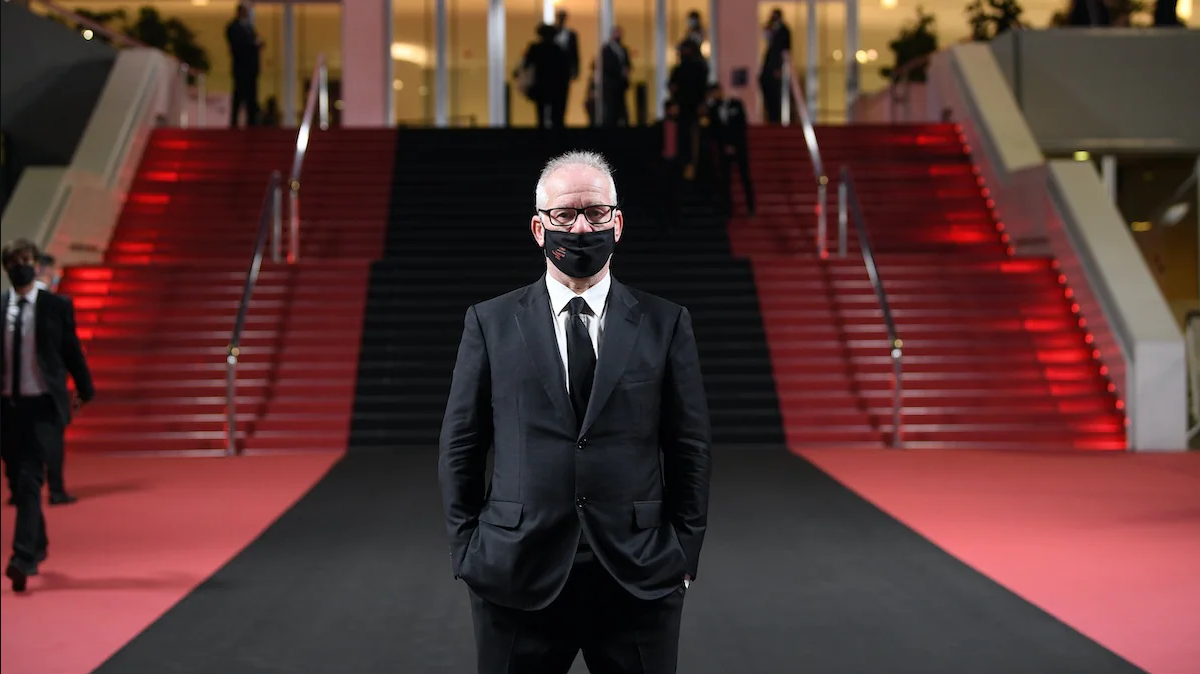
Cannes Director Thierry Frémaux wearing a mask
This Year’s Jury
Another unique characteristic of the Film Festival is its wide-gamut of jury members, its inclusivity, and its commitment to furthering women's participation.
To further illustrate this point, suffice to look at this year’s jury: Rebellious African-American Director Spike Lee will preside (a first for the Festival), with two other men and five women of seven nationalities from five continents.
-
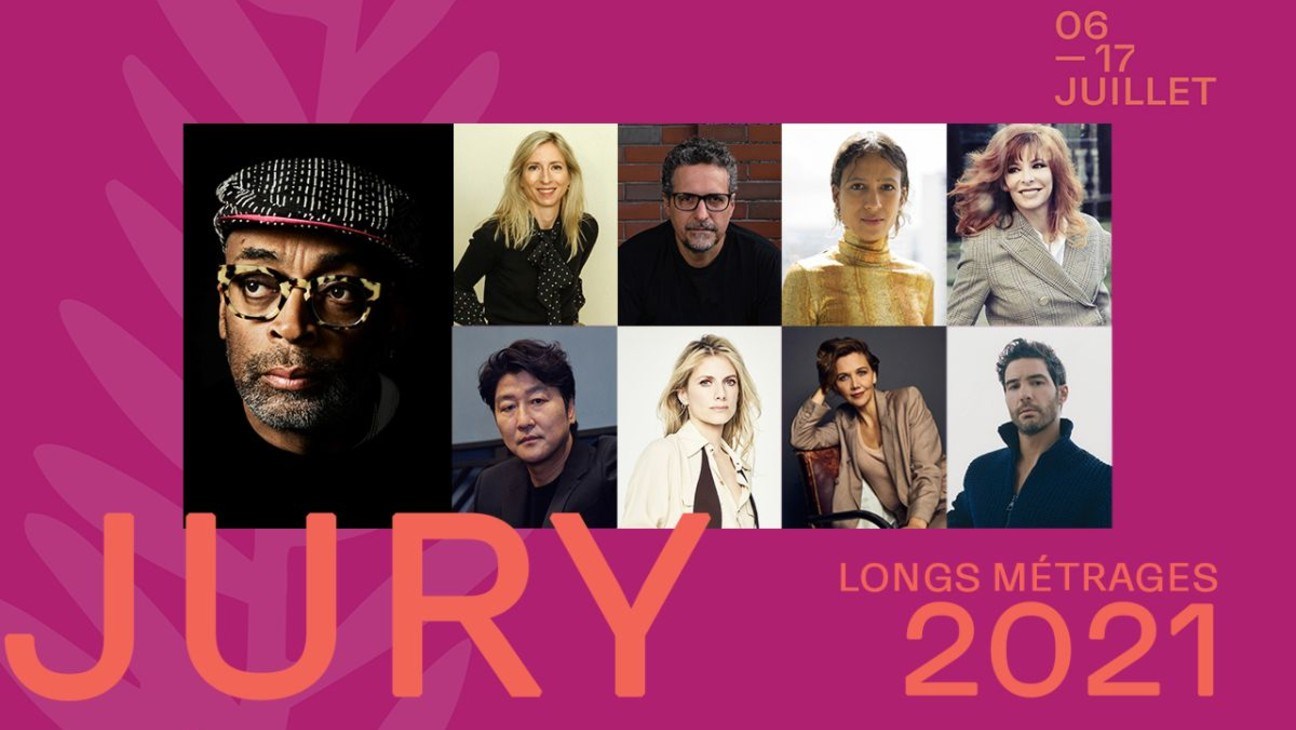
Cannes 2021 main competition Jury
The impressive list includes celebrated French actress Mélanie Laurent, Algerian-French actor Tahar Rahim, Senegalese Director Mati Diop, and South Korean actor Song Kang-ho (who made waves last year as the star of the Palme d’Or winner, “Parasite”) among others.
2021 Lineup
This year’s lineup boasts a fascinating selection for the main competition, reassuring cinephiles and industry professionals that the Festival intends to re-launch the film experience on the big screen in the most celebratory fashion after it’s been relegated to the small screen during quarantine.
24 films will compete for the honor of winning the Palme D’Or, of which we list:
“Annette” - Leos Carax (France)
Director Leos Carax brings a unique surreal take on the musical genre with French & American stars Marion Cotillard and Adam Driver, written by Ron and Russell Mael of the peculiar musical duo “Sparks.”
-

Annette (Leos Carax)
“Casablanca Beats” - Nabil Ayouch (Morocco)
Nabil Ayouch explores the “hip-hop” side of Morocco in a tale of youthful defiance against traditions.
“The French Dispatch” - Wes Anderson (USA)
American auteur Wes Anderson gathers a star-studded cast in his new film, dealing with the stories of writers and reporters of the fictitious newspaper, “The French Dispatch.”
“A Hero”- Asghar Farhadi (Iran)
The two-time Oscar winner brings us a new thriller, telling the story of an indebted man trying to get rid of his obligations, but soon enough, his plan falters.
-
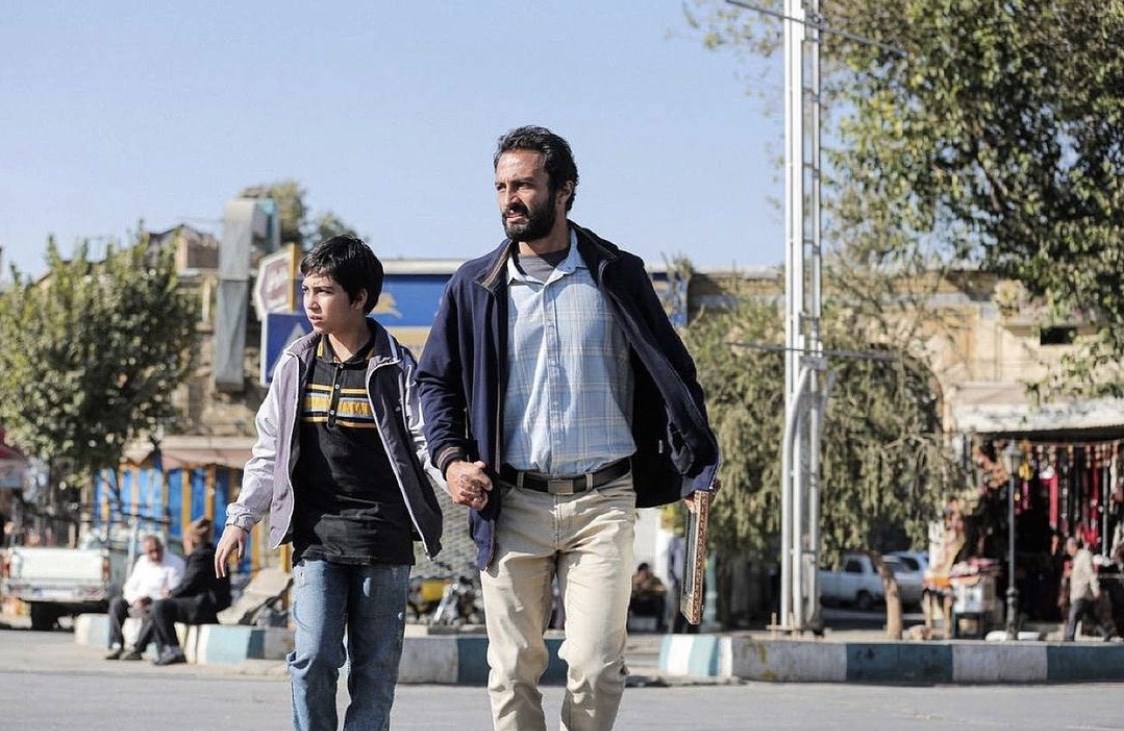
A Hero (Asghar Farhadi)
“Bergman Island” - Mia Hansen-Løve (France)
A film exploring the influence of writing in the same location that inspired Swedish master filmmaker Ingmar Bergman.
“Drive My Car” - Ryûsuke Hamaguchi (Japan)
A harrowing drama about the disappearance of a film director’s wife under mysterious circumstances.
Arab Films in Cannes
The Arab world participates this year in the main competition, through “Casablanca Beats,” and other sections.
For starters, the Lebanese film “The Sea Ahead” by Ely Dagher is set to compete in the “Director’s Fortnight,” similar to the Iraqi film “Europa” by Haider Rashid.
-

"The Sea Ahead" (Ely Dagher - 2021)
It is worth noting that Dagher was previously a recipient of the “Palme d'Or du court métrage” for his 2015 short “Waves 98.”
Additionally, “Feathers,” an Egyptian film by Omar El-Zohairy, will premiere in the International Critics’ Week.
Cannes Welcomes Anime
To top it all off, Cannes has just announced that the new animated film, “Belle,” by Japanese Director Mamoru Hosoda will premiere at the Festival, marking a rare occasion in which an anime film gets prestigious treatment in international festivals, signaling a shift in the professional viewpoint towards the medium.

 9 Min Read
9 Min Read









